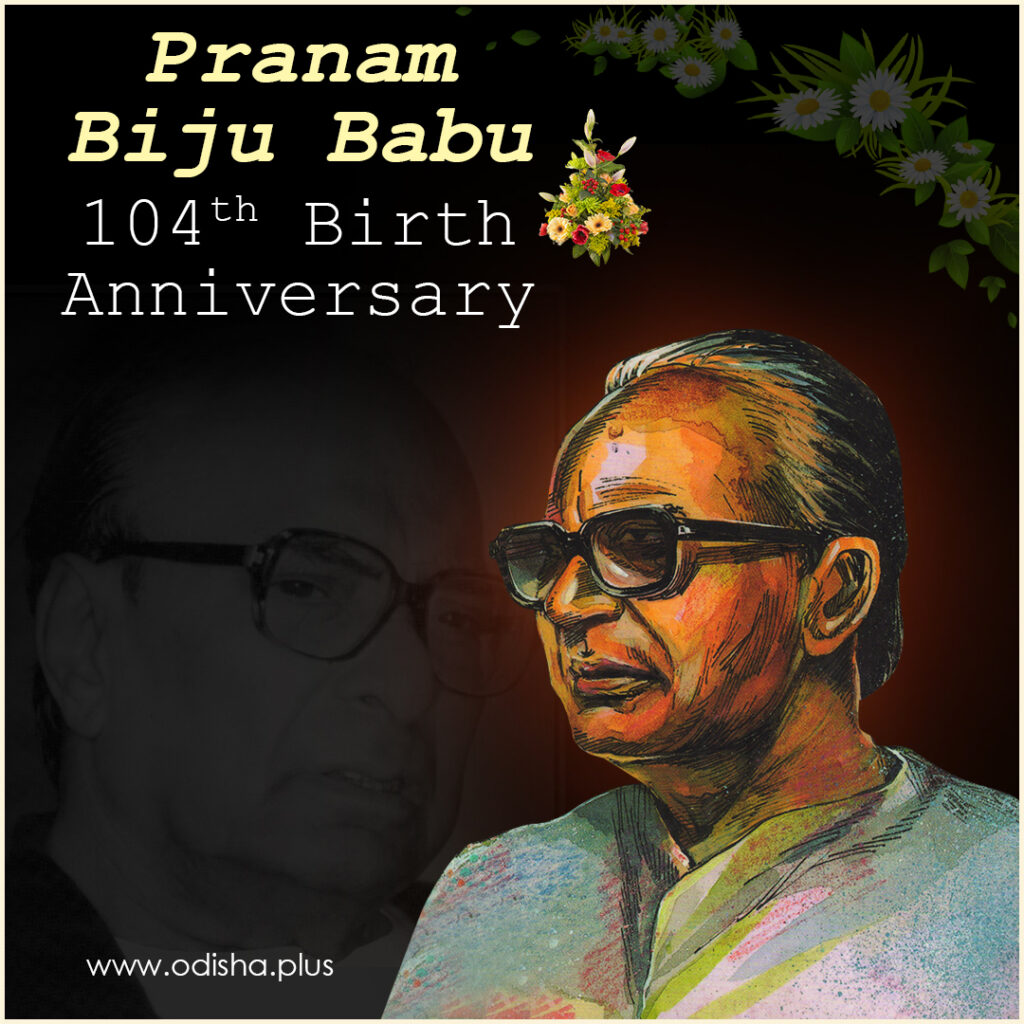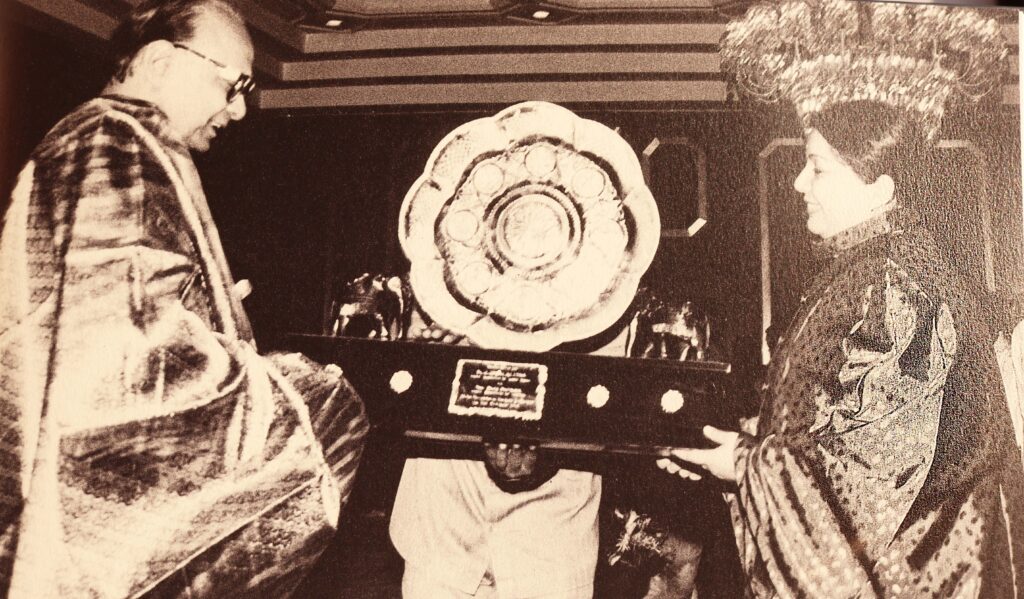By Dr. Chitta Ranjan Mishra

The UNESCO Kalinga Prize for Popularization of Science is an international distinction created by UNESCO, Paris, France in the year 1952 following a donation from Mr. Bijoyanand Patnaik (Biju Patnaik), Founder & President of the Kalinga Foundation Trust, Bhubaneswar.
The UNESCO Kalinga Prize for Popularization of Science is an international distinction created by UNESCO, Paris, France in the year 1952 following a donation from Mr. Bijoyanand Patnaik (Biju Patnaik), Founder & President of the Kalinga Foundation Trust, Bhubaneswar. The recipient of this award must have distinguished him or herself during a brilliant career as writer, editor, lecturer, film producer, radio/television programme director or presenter, through his/her talent in interpreting science & technology for the general public. The recipient should have striven during the course of his/her career to emphasize the international importance of science & technology and the contribution they make to improving public welfare, enriching the cultural heritage of nations and solving problems facing humanity. Many past Prize Winners have been scientists in their own right, while others have been trained in journalism or have been educators or writers.
Each Member State is entitled to nominate a single candidate, through its National Commission for UNESCO, on the recommendation of the national associations for the advancement of science or other science associations, or national associations of science writers or science journalists. Applications from individuals are not accepted.
The UNESCO Kalinga Laureates are selected by the Director General of UNESCO upon the recommendation of a four member jury designated by him. Three members of the Jury from different countries of the world are designated on the basis of equitable geographical distribution and the fourth on the recommendation of the Kalinga Foundation Trust, Bhubaneswar.

From inception of the award in the year 1952, the name of the prize was ‘Kalinga Prize’ and the prize was awarded annually till 2005, baring 1973 & 1975 due to various reasons. Further, the Kalinga Prize was not awarded from 2006 to 2008 as the Statute and Financial Guidelines were being revised by UNESCO. In the year 2009, the name of the prize was changed to “UNESCO Kalinga Prize” and since then the prize is being awarded biennially.
The Kalinga Prize is awarded during the celebration of the World Science Day (2003, 2005, etc) and in New Delhi, India in even years. Under the terms of the Prize, the recipient receives a sum of USD 20,000, a UNESCO Albert Einstein Silver Medal & a Citation. The recipient is also awarded the “Kalinga Chair” introduced by the Ministry of Science & Technology, Department of Science & Technology, Govt. of India to mark the 50th Anniversary of UNESCO Kalinga Prize. As holder of Kalinga Chair, the winner travels to India for a period of two to four weeks as the guest of Govt. of India. The Kalinga Chair also comprises a token Honorarium of USD 5000. In the years when the award ceremony take place during the celebration of the World Science Day, the recipient travels to the city where the Science Day Celebration takes place as the guest of UNESCO, Paris. In the years when the Prize is awarded in New Delhi, the recipient is invited as the guest of Kalinga Foundation Trust to undertake a brief lecture tour in India. For this reason, it is preferable that the recipient be proficient in English.
Courtesy: www.bijupatnaik.org






















Who win rhe kalling award 2018/or 2019 find the both years winners name